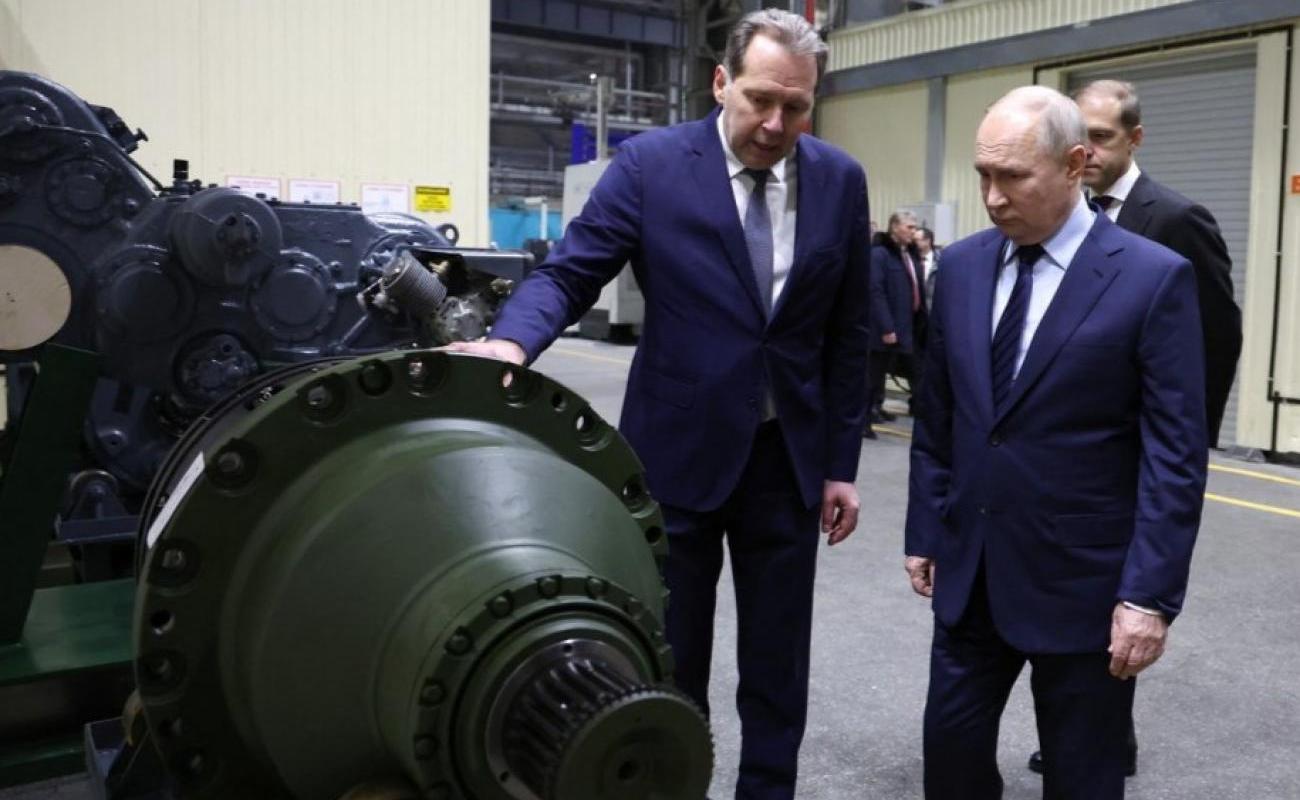Lords of War: These Five Billionaires Run Russia's War Machine

Companies owned by five powerful Russian tycoons supply key ingredients to the explosives factory that fills the shells and missiles of the Russian army in Ukraine, a Reuters analysis shows.
The billionaires without whom the Russian war machine would have stopped are the former owner of the Chelsea football club and shareholder in Evraz Roman Abramovich, former president and co-owner of Lukoil Vagit Alekperov, founder of Eurochem (one of the world's largest fertilizer producers) Andrey Melnychenko, founder of Uralchem (a key supplier of chemicals) Dmitry Mazepin and metal magnate and founder of the SUMZ factory Iskander Mahmudov.
Key raw materials for the production of plastic explosives
From the beginning of the war until September 2024, the companies owned by the aforementioned five supplied more than 75 percent of the basic chemicals needed by Russia's largest explosives factories, writes Reuters.
For example, the Nevinomiskij nitrogen plant, part of the Eurochem conglomerate, delivered more than 38,000 metric tons of acetic acid and almost 5,000 metric tons of nitric acid to one of the key Russian explosives factories, Sverdlov, located in the city of Dzerzhinsk.
Both chemicals are important in the production of the plastic explosives HMX and RDX. According to expert estimates, 5,000 tons of nitric acid can be used to produce 3,000 tons of RDX, which is enough to fill 500,000 artillery shells.
Uralchem, a giant in the fertilizer industry, founded by Mazepin, delivered to Sverdlov more than 27,000 metric tons of ammonium nitrate, as well as 6,000 metric tons of nitric acid. Ammonium nitrate is used in the production of HMX and RDX, and mixing with TNT produces an explosive called amatol.
The companies claim: All our products are for civilian use
SUMZ (Sredneuralsk Copper Smelting Plant), a company associated with the metal magnate Mahmudov, supplies oleum (fuming sulfuric acid) to gunpowder factories in Tambov, Kazan and Perm. And Lukoil, a refinery partially owned by Alekperov, supplied 6,500 metric tons of toluene, used to produce TNT, to factories in Perm, Kazan and Bijsk.
Evraz, a company in which Abramovich has a 28 percent stake, supplied 5,000 metric tons of toluene to the Bisk Oleum explosives plant in the Altai region.
All the companies involved in these deliveries told Reuters that their products were intended for civilian use only. Eurochem has stated that 97 percent of their production is for fertilizers and that their products are not designed for military purposes. Lukoil replied that they do not produce explosives or related components, and Evraz stated that they supply toluene exclusively for civilian use.
However, according to tax bills and a Reuters analysis of data, these products are going to factories that have contracts with the military. In 2024, the government of the Altai region stated that the Bisk Oleum plant significantly increased production as part of these operations.
Questionable effectiveness of sanctions
Although billionaires such as Abramovich, Meljnichenko and Mazepin are under Western sanctions, their companies have largely escaped significant financial penalties. Most of the products of these factories are civil, such as fertilizers, which allows them to continue their business.
"These chemical companies may be acting as civilians, but they are supporting the war effort," said University of Massachusetts professor Anna Nagurney, who studies supply chains linked to the war in Ukraine.
Peter Harrell, a former senior White House official, pointed out that the West could reconsider its previous policies of exempting food and fertilizers from sanctions. "It's possible that the calculus would now tilt more in favor of imposing sanctions on these companies," Harrell said.
But agricultural experts, such as Manish N. Raizada of the University of Guelph in Canada, warn that imposing sanctions on Russian chemical companies could endanger hundreds of millions of small farmers around the world, and their effect on the Russian economy would be minimal.
